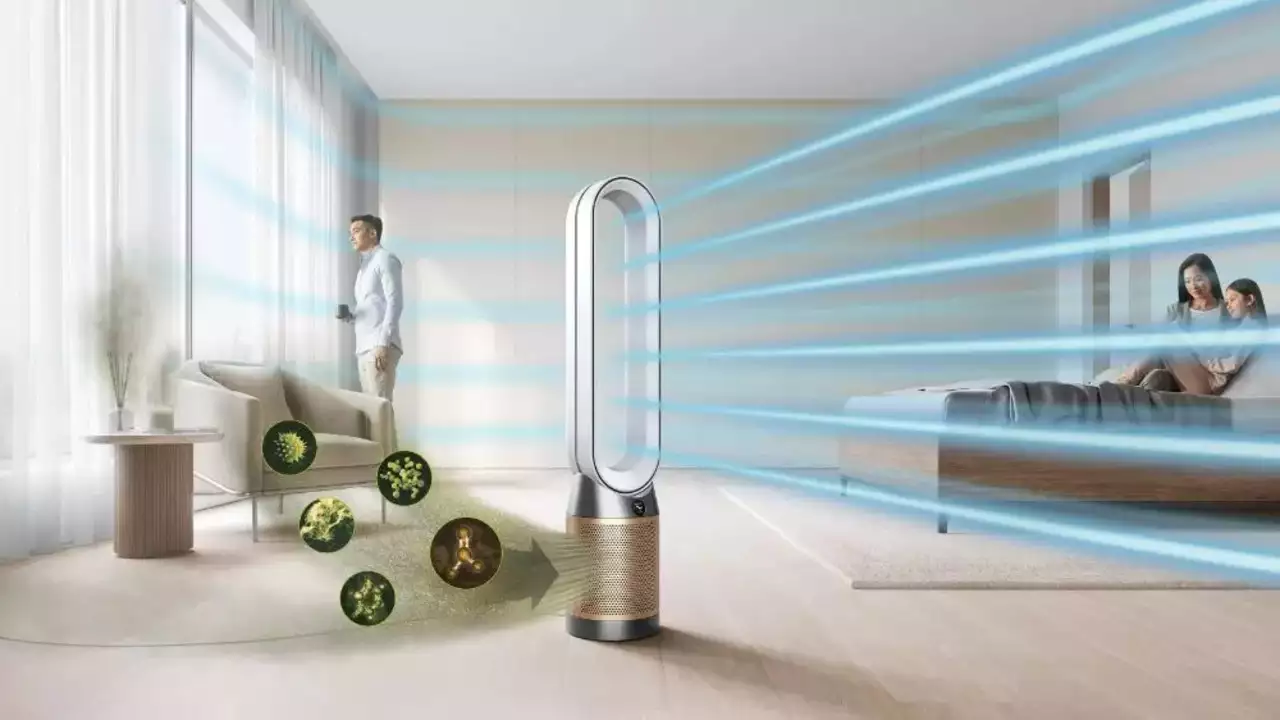With rising temperatures and increasing energy costs, homeowners are looking for more efficient and eco-friendly ways to stay cool. Solar-powered air conditioning is gaining attention as a sustainable alternative to traditional AC units.
But is it truly the future of home cooling?
Let’s find out how it works, its benefits, and whether it’s the right choice for you.
How Does Solar-Powered Air Conditioning Work?
Solar-powered AC systems use electricity generated by rooftop solar panels instead of relying solely on the power grid. During the day, the panels convert sunlight into electricity to run the AC. Some systems also include battery storage, allowing homeowners to use stored solar energy at night or on cloudy days. By maximizing the use of renewable energy, these systems help reduce dependence on traditional electricity sources.
The Benefits of Solar AC Systems
Switching to a solar-powered air conditioner comes with several advantages:
- Lower Energy Bills – By using free solar energy, homeowners can significantly cut down on electricity costs. Over time, the savings can help offset the initial investment.
- Eco-Friendly Cooling – Traditional AC units consume large amounts of electricity, contributing to greenhouse gas emissions. Solar-powered ACs use renewable energy, reducing your carbon footprint.
- Reliable Cooling Even During Outages – With battery storage, solar-powered ACs can continue running during power outages, ensuring uninterrupted comfort.
- Government Incentives – Many states offer rebates, tax credits, and incentives to encourage homeowners to switch to solar energy, making installation more affordable.
Is Solar AC Right for Your Home?
While solar-powered air conditioning offers great benefits, it may not be the perfect fit for every home. Here are some factors to consider:
- Sunlight Availability – Homes in areas with consistent sunlight will benefit the most from Solar-powered air conditioning systems. If your roof is shaded most of the day, you may not generate enough power to run your AC efficiently.
- Upfront Costs – The initial investment in solar panels and a compatible AC unit can be high. However, with long-term savings on energy bills and available incentives, many homeowners find it a worthwhile investment.
- Roof Space – Installing solar panels requires adequate roof space with minimal obstructions. A professional assessment can help determine if your home is suitable for solar AC.
The Future of Solar-Powered Cooling
Advancements in solar technology are making solar-powered air conditioning more accessible and efficient. As battery storage improves and installation costs decrease, more homeowners may make the switch. With increasing concerns about energy efficiency and environmental impact, solar-powered ACs could become the new standard for home cooling.

